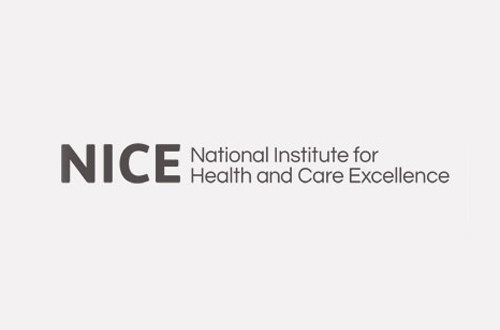
The UK cost-effectiveness agency has rejected Merck & Co’s Keytruda as a second-line treatment for non-small cell lung cancer, saying its long-term benefits are unproven.
The draft recommendation by the National Institute for Health and Care Excellence (NICE) applies to the treatment of advanced NSCLC whose tumours express PD-L1 and who have received at least one prior treatment with chemotherapy or a targeted anticancer regimen.
The initial consultation document notes that despite a discount on Keytruda’s £1,315 per 2mg/kg dose price tag and ability to extend lives, its use would likely see costs overshoot the range typically considered acceptable for routine NHS use.
A major point of contention is the likely duration of treatment with Keytruda. Merck‘s modelling assumes patients will stop using pembrolizumab after two years if their disease has not worsened, while NICE believes that in practice it is unlikely that patients benefiting from treatment will stop taking it.
Bristol-Myers Squibb‘s rival PD-1 inhibitor Opdivo (nivolumab) was given equally short shrift in lung cancer in draft guidance published by NICE in May. Despite evidence that the drug could extend overall survival than standard treatment with docetaxel – with fewer side effects – the agency said it was too expensive.
The decision has been greeted with dismay by Merck (which operates as MSD in Europe). The company’s UK managing director, Louise Houson, said the company was working with both NICE and NHS England “to ensure we can find a solution to get back on track”.
She said it was imperative that the “much needed treatment option is made available to people with previously treated advanced NSCLC as quickly as possible. This is particularly important as these patients have a very poor prognosis, with limited time”.
NICE has been taking an increasingly tough stance on cancer drug pricing, holding out for steep discounts in order to reduce the NHS’ spending on medicines. The agency will be collecting comments on its assessment until 24 October.
According to data from 2012, around 45,000 people in the UK are diagnosed with lung cancer each year, and survival rates lag behind those of some other European countries. Around 80% of those diagnosed with advanced disease die within a year.
Keytruda was the first drug to be made available under the UK’s Early Access to Medicines Scheme (EAMS) and has been made available at no cost to over 140 previously treated advanced NSCLC patients to date, said Merck.
This initial recommendation will not affect patients currently receiving treatment, regardless of the funding arrangements in place for them, unless a clinical decision is taken to stop. New patients do not have access at this time and future access will depend on NICE’s final guidance.




